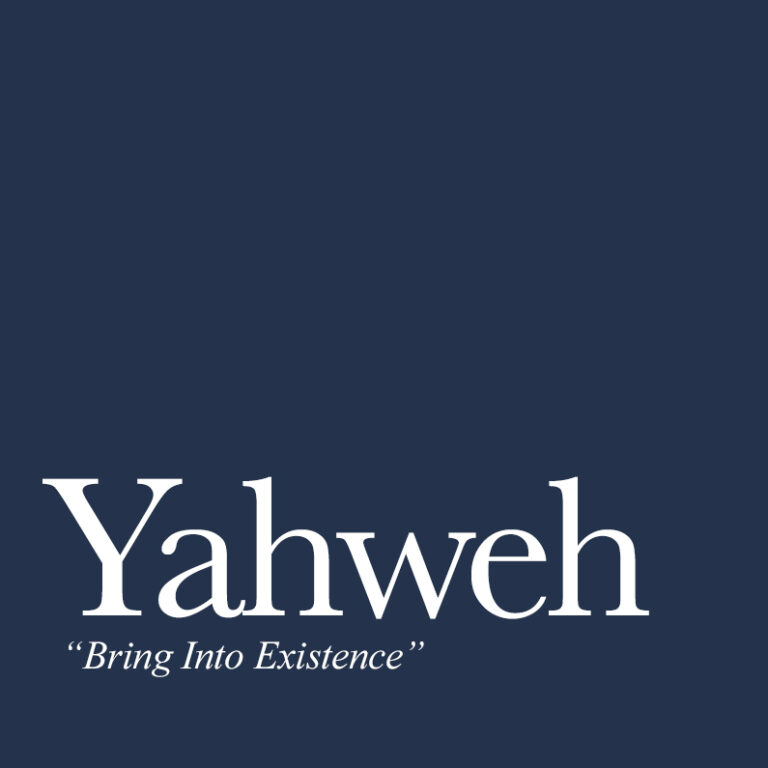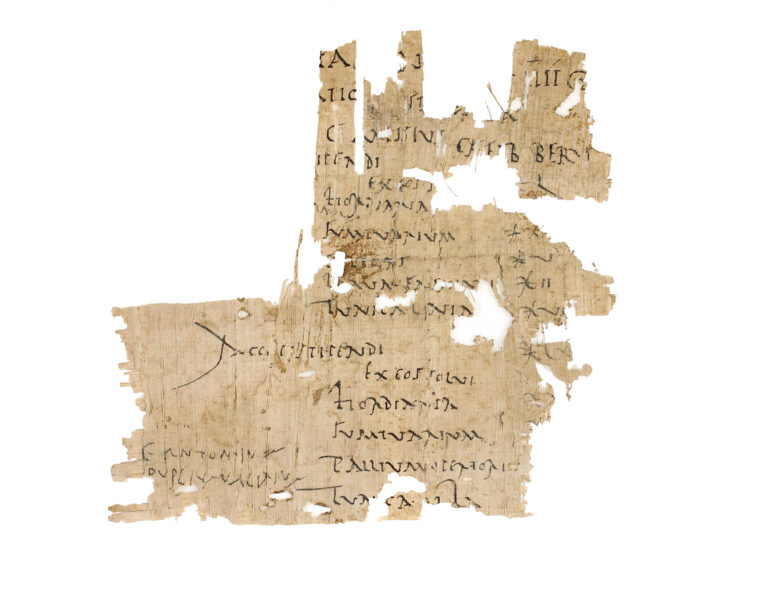“Hallelujah”, which has come down to us through time immemorial, gives us a big clue as far as proof of pronunciation and suggest that despite mans erroneous oversight, Yahweh always intended for His personal Holy Name to be universally known and utilized in all languages.
I don’t believe it is a coincidence that the universal praise word hallelujah is found today in most languages throughout the civilized world. The word hallelujah, pronounced “halleluYah,” is the most ancient of all words of praise.
From Wikipedia, the free encyclopedia Hallelujah (/ˌhælᵻˈluːjə/ HAL-ə-LOO-yə) is a transliteration of the Hebrew word הָּלוּיְ לַּ ה) Modern halleluya, Tiberian halləlûyāh), which is composed of two elements: לוְּ לַּ ה) second-person imperative masculine plural form of the Hebrew verb hallal: an exhortation to “praise” addressed to several people[1]) and הָּי) the names of God Jah or Yah). [2] [3][4]
Hallelujah is an excellent example of a word from an ancient language that has been successfully transliterated into all languages; preserving the original pronunciation. It is used both on earth and in heaven to worship the Almighty (Rev. 19:1-6). What is the origin, meaning, and significance of this wellknown word concerning our Creator’s Name?
This English spelling with the “Jah” on the end is taken from the Latin language in which the “J” it sounded as we do the English “Y ”. This word “Hallelujah”, as has been pointed out, has come down with this pronunciation from ancient times so that there’s no question about its correct pronunciation. HalleluYah is a pure ancient Hebrew word and yet it is found universally pronounced in almost every language under the sun.
The first part of the word, “hallelu,” means “praise” or “praise ye.” The last part, “Yah,” is the Name of the One being praised. So the YH of the Sacred Name is without question to be pronounced as we pronounce the “Jah” in the word “Hallelujah”. That is, it is with out question to be pronounced as “YAH”.
Yahweh is the personal Name of the Heavenly Father. Yah is the basic or short form of the Heavenly Father’s Name. The full form of the Father’s sacred Name is Yahweh. This Name is found in the Hebrew Scriptures, Bible concordances, encyclopedias and dictionaries, as well as in many current writings of history and archaeology.
Yahweh’s Name is found more than 6,800 times in the Bible’s original language. We also find it as the end of many names of Bible prophets, such as Elijah (EliYah), which means “My Mighty One is Yah,” as well as Jeremiah, Obadiah, Isaiah, Zechariah, etc.
Furthermore, coming down to us from the ancient past the name of the prophet Elijah, in the Hebrew language is a combination of the Hebrew term “El” (meaning ” mighty one “, and normally translated as “God” in English) and the basic form of our Creator’s name as it is found in the first three letters Y H W.
Again we know with great certainty that the correct pronunciation of this name Elijah as written in Hebrew is EliYahu. We know this because the Jews have sung it in the song “Eliyahu ha nabi” (“Elijah the Prophet”) in every Passover service for century upon century past. Thus we know the pronunciation of the first part of our Creator’s name with great certainty. All that remains to be determined is which vowel is to be used between the W and of the final H. We basically have only two options.
We can use the “a” and pronounce the name as “Yahwah”, or we can use the “e” and pronounced the name as “Yahweh”. (The “e” in this case represents the sound of the “e” in the word “eh”, not to sound of “e” as found in the word “he”.) This is really the only uncertainty there is in regards to how to pronounce this sacred name. However, the fact of the matter is, this uncertainty is very slight. Hebrew nouns that are masculine in gender generally end in “eh”.
Whereas, those that are feminine in gender generally end in “ah”. Therefore, since the scriptures clearly represent Yahweh as masculine, we would expect his name to end in “eh”, not “ah”. Thus it is quite certain that our Creator’s name, spelled Y H W H in Hebrew, would be pronounced “Yahweh”. This is the way it is found written in practically all scholarly writings.
Furthermore, there is considerable evidence from the way that His name is transliterated into other languages, such as the Greek language, that Yahweh is the correct pronunciation of our Creator’s name. The Encyclopedia Judaica, volume seven, page 679 states this: “The true pronunciation of the name YHWH was never lost. Several early Greek writers of the Christian church testify that the name was pronounced ‘Yahweh’….”
Also in the 20th-Century Schaff-Herzog Encyclopedia of Religious Knowledge, on pages 1194, 1195, we read that, ” the pronunciation ‘Yahweh’ of the Hebrew Tetragrammaton need no longer be based primarily on traditions preserved in 5 late patristic sources. Both the vocalizations yahwe and yahu (a shortened form used chiefly in personal names) are now confirmed by a variety of ancient Near Eastern inscription materials from the first and second millennia B.C. ”
It would seem to me that an honest attempt to pronounce our Creator’s name, to use it in worship, and in our reading of the scriptures would be much more pleasing to our Creator, even if we didn’t get it just right, than completely ignoring it would be.
Since there is great certainty that Yahweh is the correct way of bringing His name over into English, there should be no doubt that we should use this name in our translations of the Bible into English instead of removing it altogether and substituting something else in its place. To remove his name from the Scriptures and put something else in its place, when it is not necessary to do so, is a serious error and a transgression of the command to not take away from or add to His word.
Now that you can pronounce יהוה as “Yahweh,” you should practice reading all Bible verses containing יהוה or the LORD using our Creator’s true personal name where it belongs. Or better yet, get one of several Bibles which have transliterated the Creator’s true name rather than substituting titles where it occurs in the Scripture (2) Rotherham version, 1902; The Jerusalem Bible, 1966 and The New Jerusalem Bible, 1985, Doubleday



